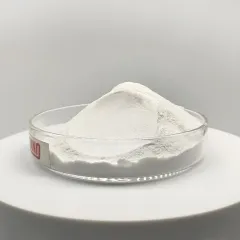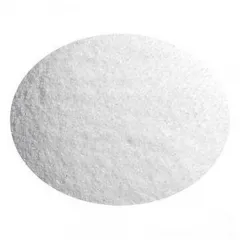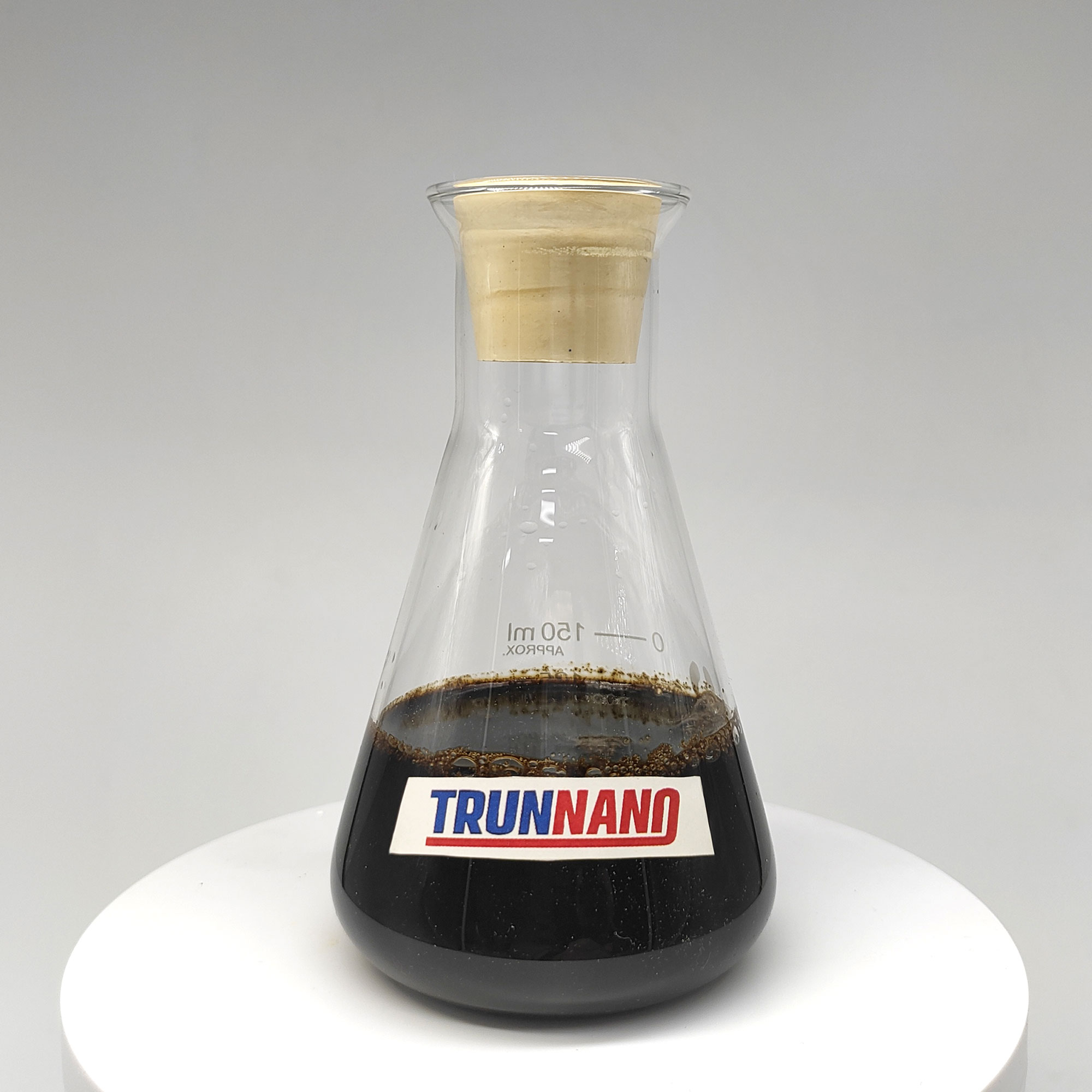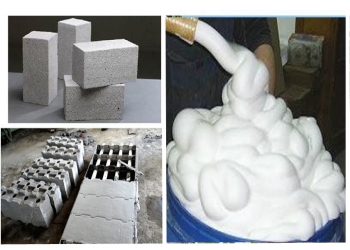Sodium Silicate: A Versatile Substance Driving Innovation and Sustainability
Introduction and Standard Characteristics
Salt silicate, frequently referred to as water glass, is a multifunctional substance that plays an indispensable function in agriculture, building materials, commercial processing, and environmental management. As an inorganic compound with the chemical formula Na â‚‚ O · nSiO â‚‚ (where n typically varies from 2 to 3), it consists of sodium oxide (Na â‚‚ O) and silicon dioxide (SiO â‚‚). Sodium silicate exhibits outstanding water solubility, thermal security, and chemical stability, keeping efficiency across various settings. In addition, it positions marginal environmental harm, as it does not launch unsafe gases or hefty steel ions, lining up with modern-day society’s environmental management criteria. These buildings make sodium silicate appropriate for use as adhesives, fire resistant finishings, cleaning representatives, and water conditioners. Its unique chemical framework grants it with several useful features, such as improving material strength, boosting fire resistance, and improving surface area finish high quality.
In farming, sodium silicate promotes origin development and photosynthesis efficiency in plants, enhances plant strength versus adverse conditions, lowers chemical use, and improves dirt structure and fertility, contributing to sustainable agricultural practices. Specifically, sodium silicate offers important salt aspects to plants, enhances soil physical properties, increases soil permeability and water retention, helping greenery healing and community reconstruction. Therefore, sodium silicate plays an important duty in advertising green farming, guaranteeing greater returns and better crop quality. Moreover, it successfully stops insects and conditions, even more reducing dependence on chemical pesticides and safeguarding the setting.
(Sodium Silicate)
Growth and Optimization of Prep Work Techniques
The prep work methods for salt silicate have actually evolved from standard approaches to sophisticated synthesis paths. Early techniques primarily involved blend or wet procedures. The combination method involves blending a specific proportion of sodium salts and quartz sand, heating them to heats until they melt, and then cooling them into solid blocks; the damp procedure involves responses in fluid phase to directly create sodium silicate solutions. Although these approaches are straightforward, they experience high energy consumption and irregular product quality. Over the last few years, scientists have established more effective and eco-friendly preparation approaches. For example, the alkaline leaching-precipitation approach produces high-purity sodium silicate powders at lower temperatures, lowering power usage and enhancing return. Additionally, research study right into utilizing biomass waste as resources has actually accomplished significant progress, promoting source recycling.
To fulfill expanding market demands, researchers continually explore means to optimize existing production processes, decrease prices while guaranteeing regular quality. Advanced automation systems and innovations currently allow large continual production of sodium silicate, greatly promoting its industrial application. This not just boosts production effectiveness yet also decreases manufacturing prices, making salt silicate feasible for more comprehensive applications. In addition, scientists are constantly boosting prep work processes to accomplish higher-quality products. By managing reaction problems and including proper modifiers, the molecular structure and performance of sodium silicate can be gotten used to far better fulfill the requirements of different markets. With technological developments and transforming social needs, the prep work strategies for salt silicate will certainly remain to develop in the direction of greater performance and environmental kindness.
(Sodium Silicate)
Extensive and Extensive Application Impact
Sodium silicate locates extensive and extensive applications across numerous fields. In agriculture, it acts as an efficient fluid fertilizer, promoting origin growth and photosynthesis effectiveness, avoiding pests and conditions, enhancing dirt framework, and enhancing soil fertility. In building products, sodium silicate significantly improves concrete toughness and durability, extending building life-spans, and is made use of in specialty building and construction materials like fire-resistant finishes and insulation, improving building safety and security and power performance. In industrial applications, sodium silicate serves as a flux, strengthener, and mold release representative, improving item top quality and handling performance. In environmental protection, sodium silicate reveals immense capacity for treating wastewater by adsorbing heavy steel ions and preventing additional pollution; as a dirt remediation representative, it helps restore infected land by boosting soil framework, enhancing leaks in the structure and water retention, assisting greenery recuperation and environment reconstruction.
Because of its superb biodegradability and reduced poisoning, sodium silicate is considered a suitable environment-friendly chemical material, appealing broader applications in environmental industries. Specifically, salt silicate can take care of heavy steel ions in wastewater with adsorption, protecting against secondary air pollution; in dirt removal, it improves soil framework, enhancing leaks in the structure and water retention, aiding plants recovery and ecological community repair. Furthermore, salt silicate radiates in cleansing representatives and water conditioners. As a natural cleaner, sodium silicate efficiently gets rid of persistent discolorations like oil and rust without causing environmental air pollution. Moreover, it has excellent water conditioning impacts, binding calcium and magnesium ions in water to stop scale formation and secure pipes and tools from damages. As a result, in household cleansing products, commercial cleansers, and boiler water therapy, sodium silicate is an ideal choice.
(Sodium Silicate)
Addressing Difficulties and Future Directions
Despite substantial accomplishments, difficulties stay in minimizing manufacturing prices, guaranteeing consistent top quality, and developing ingenious applications for salt silicate. Production prices are still a problem despite brand-new techniques considerably decreasing power and raw material intake. Broadening market share calls for discovering much more cost-efficient production processes. Quality assurance is one more essential concern, as different sectors have differing demands for sodium silicate quality. Guaranteeing constant and secure product top quality continues to be a key difficulty. Moreover, with enhancing environmental understanding, creating greener and extra environmentally friendly sodium silicate items is a crucial future instructions.
Looking in advance, research and development in sodium silicate will certainly concentrate on boosting production efficiency, reducing costs, and broadening application areas. Researchers are actively discovering brand-new synthesis modern technologies and adjustment techniques to accomplish remarkable efficiency and lower-cost items. As environmental worries expand, looking into salt silicate products with higher biodegradability and lower poisoning will become progressively essential. Additionally, the possible applications of sodium silicate in arising areas like renewable resource and advanced products hold pledge for brand-new technological innovations. In general, sodium silicate, as a multifunctional and eco-friendly compound, has actually already played a substantial role in numerous markets. With technical developments and evolving social demands, the application leads of salt silicate will widen, adding even more to the sustainable development of different fields.
TRUNNANO is a supplier of Sodium Silicate with over 12 years of experience in nano-building energy conservation and nanotechnology development. It accepts payment via Credit Card, T/T, West Union and Paypal. Trunnano will ship the goods to customers overseas through FedEx, DHL, by air, or by sea. If you want to know more about Potassium SilicateSodium Silicate, please feel free to contact us and send an inquiry(sales5@nanotrun.com).
All articles and pictures are from the Internet. If there are any copyright issues, please contact us in time to delete.
Inquiry us








